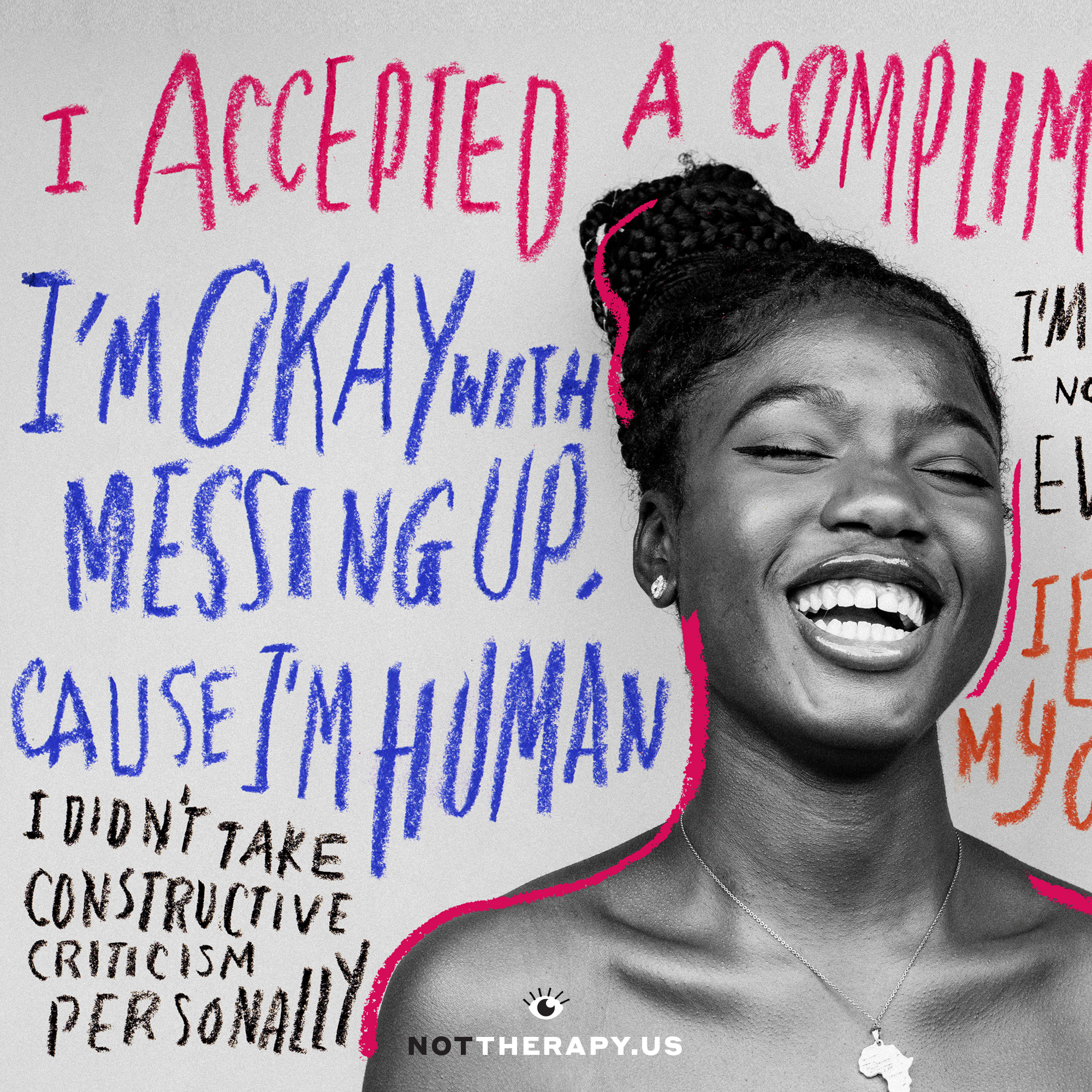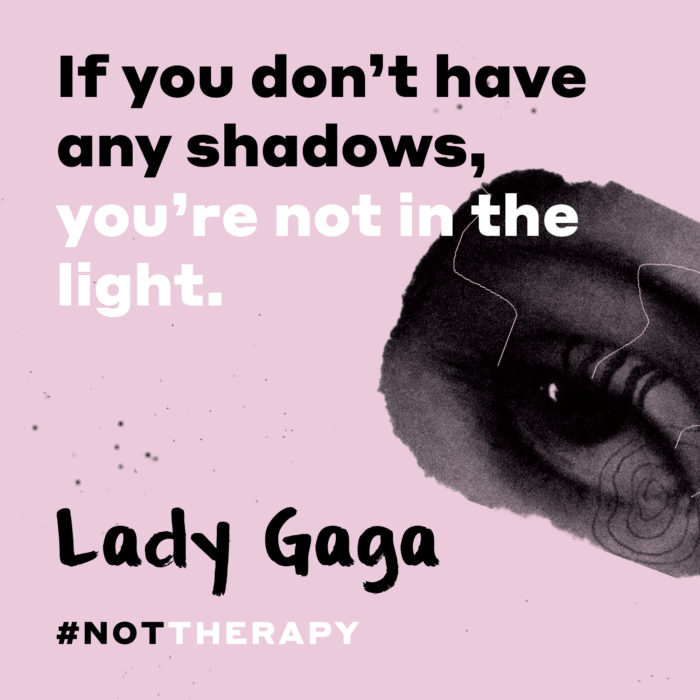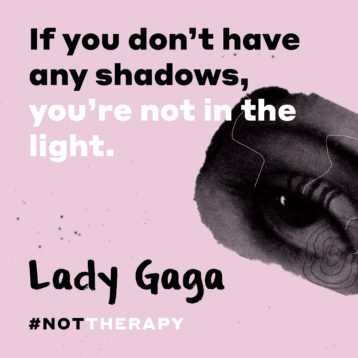Imposter syndrome (a.k.a., the faker phenomenon) can be such a nightmare.
So many of us experience it. It’s that feeling. The one that makes you feel like a total fraud—as if at any minute, you’ll be outed for not being quite as smart, quite as cool, quite as “it” as you’ve faked everyone into thinking you are.
The fear is that once it’s discovered, all that matters to you will vanish into thin air and there you’ll be, left with only yourself to blame.
I know the feeling well. I get it. So, know this: you’re not alone.
#TheFacts
Research indicates that those of us who suffer from imposter syndrome often struggle with anxiety, low levels of confidence, depression, and frustration, too. It usually strikes high-achievers, starting around middle school. And, it’s more prevalent in girls and women (surprise, surprise!).
The world we live in isn’t doing us any favors. Society perpetuates many of the deep-rooted fears of fraudulence that we face. Drs. Pauline Clance and Susan Imes, who’ve conducted groundbreaking research (and, in fact, coined the term “Imposter Phenomenon”), found that our culture’s belief that men are smarter than women starts to impact girls around age 10.
The doctors’ finding is supported by the fact that the majority of girls ages 8-17 identify as being insecure and unsure of themselves.
Let’s face it, it’s hard to dismiss the years of mansplaining, sexist comments, and objectification. All of that stuff affects our thoughts, feelings, and behaviors.
One effect is imposter phenomenon and the anxiety, depression, and/or perfectionism that accompanies it.
My point, what you’re experiencing makes sense.
#TheFeels
When we internalize society’s wacky messaging or attempt to live up to unreasonable expectations, every new situation tends to feel like a challenge for which we’re ill-equipped.
Every win, achievement and good grade on an exam feels like a fluke, as we internally feel like an “imposter,” attributing the good things to outside influences (that test was easy!) and the bad things to ourselves (I’m just stupid).
Luckily, you don’t have to feel like a faker forever.
Here’s what to do:
- Mix up the rituals.
Oftentimes, those who feel like a fraud engage in rituals that perpetuate the unwanted feelings—like when you know you’re probably prepared for an exam, but you over-study anyways. Or you think way too far into the future and obsess unproductively over the “what ifs.”
Instead, complete your task (studying), trust your gut and accept the results.
The only way to rewrite the imposter script is to take your cues from you.
- Accept positive feedback.
When we attribute success to outside influences and failures to internal causes, we tend to deflect positive feedback so it doesn’t have a shot of sinking in.
Unsurprisingly, dudes are shown to do the opposite. Take a page from their book starting today, regardless of your comfort level. When someone says, “Nice job,” you respond, “Thanks for noticing! I was confident it would work out well and I’m glad it did!”
- Redefine perfect.
What is perfect anyway?
Do a job, complete a project, make a decision, share ideas to get it done rather than change the world.
Don’t overthink it. Just do it!
The unique thing about all you do is that it comes from you. No one shares your exact perspective. And so, “perfect” happens to look a lot more like authentic than “absent of mistakes.”
- Become a mentor or tutor.
It can be helpful to spend time showing a newbie the ropes. There’s no finer way to realize what you do know than offering your experience, strength and hope to someone who can benefit from your insights.
The bonus—the benefits for your own esteem and confidence is tenfold!
Look, you’re not an imposter and you don’t need to fake it til you make it. You’re already here.
Stop the bad habits in their tracks and start embracing the good you’re achieving. The more you fuel your confident outlook, the stronger it will become. #
#DoThisThing and identify one pattern you can do differently today to shed the syndrome and stand in your power.
Illustration by Reanna Ali.









